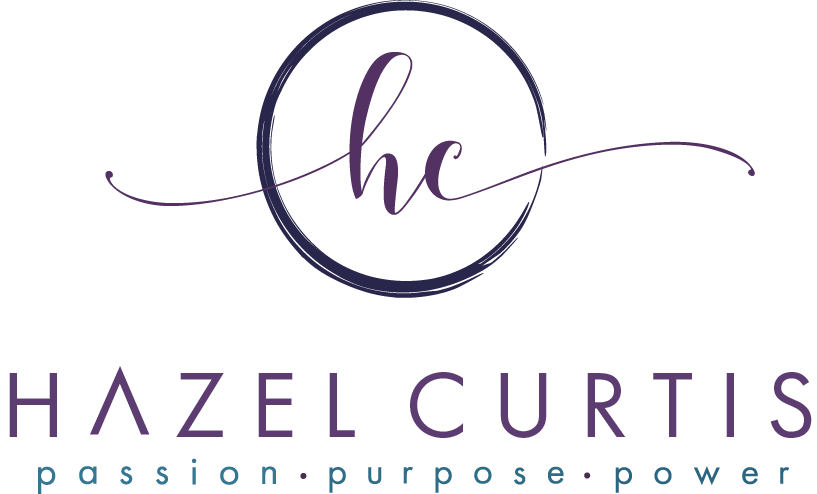A High-Stakes Game – Losing the Round
Whether we are playing cards in hopes of the “big win” or we are working against all odds trying to win the game called life, we are never promised a winning hand.
In healthcare, sometimes it feels like all the odds are against us. We struggle to do our work well, often without the resources we need. We struggle to help patients and families understand what is happening. We come home frustrated because – try as we might, we lose more often than we wish. How do we protect our hearts? Our dreams? Our careers?
People tell me they are weary, want to quit, run away and never stop! I get it! I’ve been there – let me share one of my losing hands. I’d love for you to let me know yours.
A Losing Hand
After the mandatory two years on night shift in medical surgical units, I was promoted to the evening charge nurse position in a large, busy emergency department. The department was staffed with nurses, techs and surgical residents who cared for our patient load. This was the mid-70s and emergency department physicians, EMTs, and paramedics were yet to be “invented.” It was an early spring evening, and all was running smoothly.
Then, suddenly, the big back doors banged open and the ambulance attendants rushed in with four gurneys, each carrying an injured boy. Evidently one of these teens had absconded with his dad’s Jeep and driven out of the city into the hills to chase wild donkeys. Perhaps it was their inexperience, or maybe there were other factors; whatever the reason, the vehicle flipped upside down pinning all four boys underneath. Sadly, two were dead on arrival and the other two were in critical condition.
The surgical teams—consisting of neurosurgeons, orthopedists, and general surgeons soon converged in our department. Decisions needed to be made and as the boys were minors, it was my duty, as the charge nurse, to notify the parents. The sheriffs helped us retrieve addresses and phone numbers from the boys’ wallets. Then, I had to call the families. Relatively young and unseasoned, I had little experience with such a grim task. Mustering my courage, I picked up the phone, and adopted my best professional demeanor.
When I asked a sleepy voiced gentleman if he was the father of Bobby X., he said he needed to pass the phone to Bobby’s mother. After validating her identity, I conveyed the necessity for her to drive safely, but quickly to our hospital. I could hear the denial and desperation in her voice. Almost as an afterthought she said, “Oh, you better call his dad, the number is 555-1234.”
I dialed Bobby’s father giving him the same brief urgent message, “come now.” This same call was repeated with all of the families. If the boy was in critical condition, surgical consent was requested. If he was DOA, the message was only to get there as quickly as possible. As families arrived, the physicians met with them providing updates and getting permissions for surgeries or sharing the devastating news that their child had not survived.
When Bobby’s family arrived, it was clear that there was a significant rift between the parents. After the doctor shared the news that Bobby had died, the mother sought comfort and shelter in the arms of the man she’d come with.
Bobby’s father stood alone—grief-stricken, shoulders heaving with shuddering sobs. He stumbled against a wall to maintain his balance. While I continued to watch, it seemed this daddy grew smaller and smaller. Every fiber of my body screamed to go over and put comforting arms around him in an expression of human caring. But, I didn’t. Instead, I stood there frozen watching it happen. I was too young and inexperienced to let my heart lead the way.
As I write this story, I am again choking down tears. My professional training required a 25-year-old nurse to not hug someone she didn’t know. RN’s were expected to maintain professional distance and control. That event happened nearly 40 years ago, yet I recall it with vivid detail. I did not honor my heart or my profession. I failed! I failed at the art of recognizing and touching human suffering.
Time for Reflection:
1) What was the losing hand you held that you simply cannot forget?
2) What did you learn about yourself from that story?
3) Where do you feel the intersection of professionalism and a human journey?
4) What do you do to ‘heal yourself’ from loss or perceived failure?
5) What has your team done to support each other in the presence of repeated loss? (I know this is especially challenging for Emergency Departments, Intensive Care Units, and Elder Care Providers).
Let me hear your stories, learn about your methods and share your successes. We all need each other!

